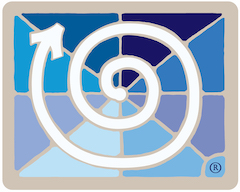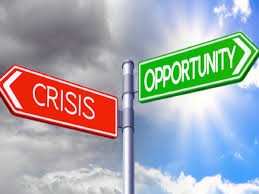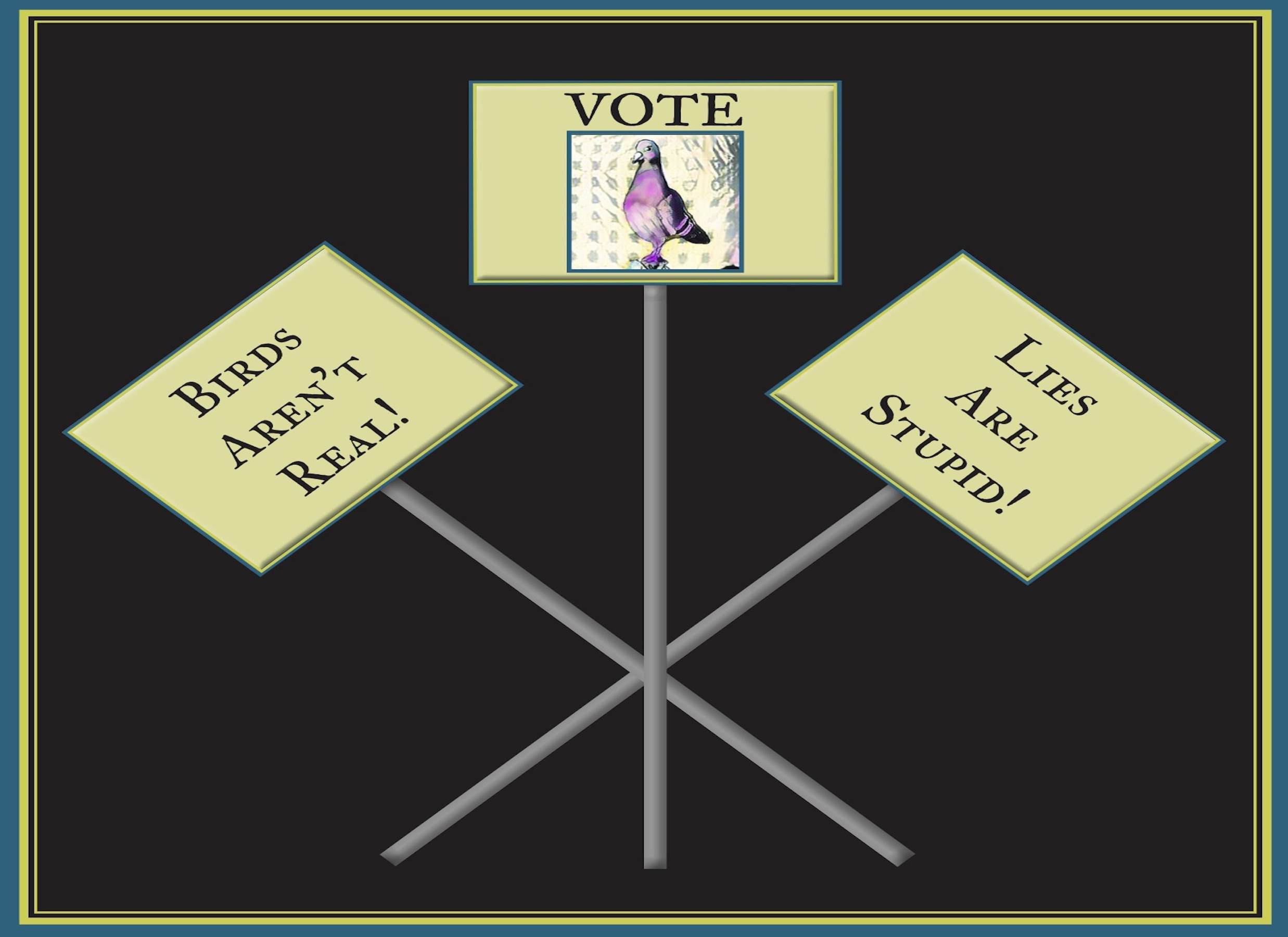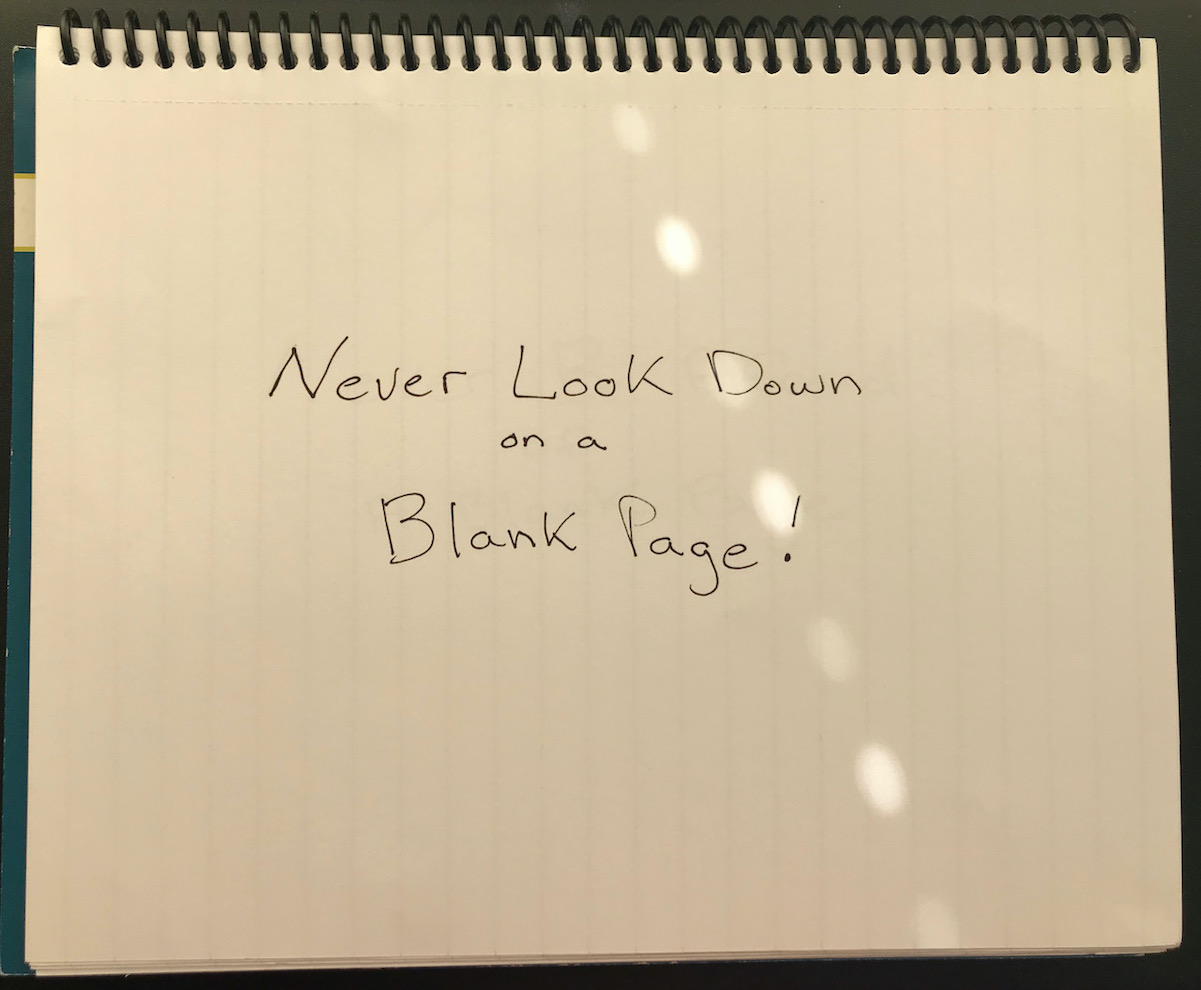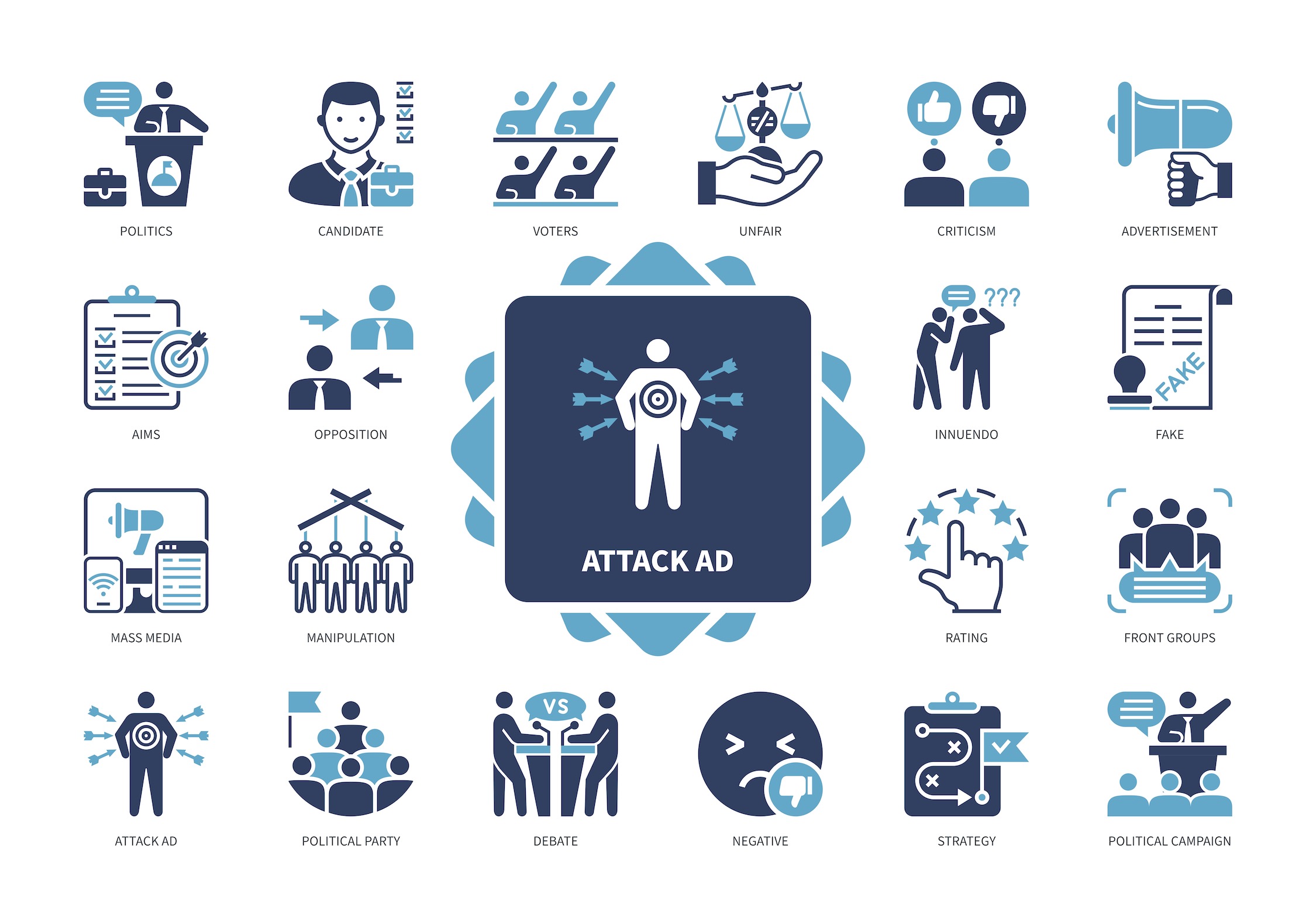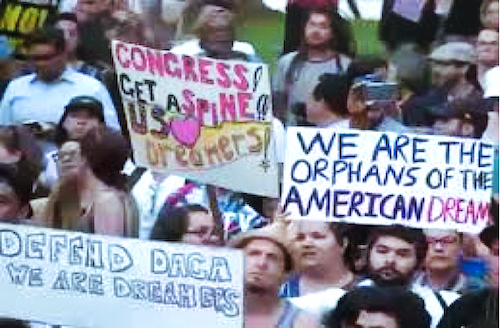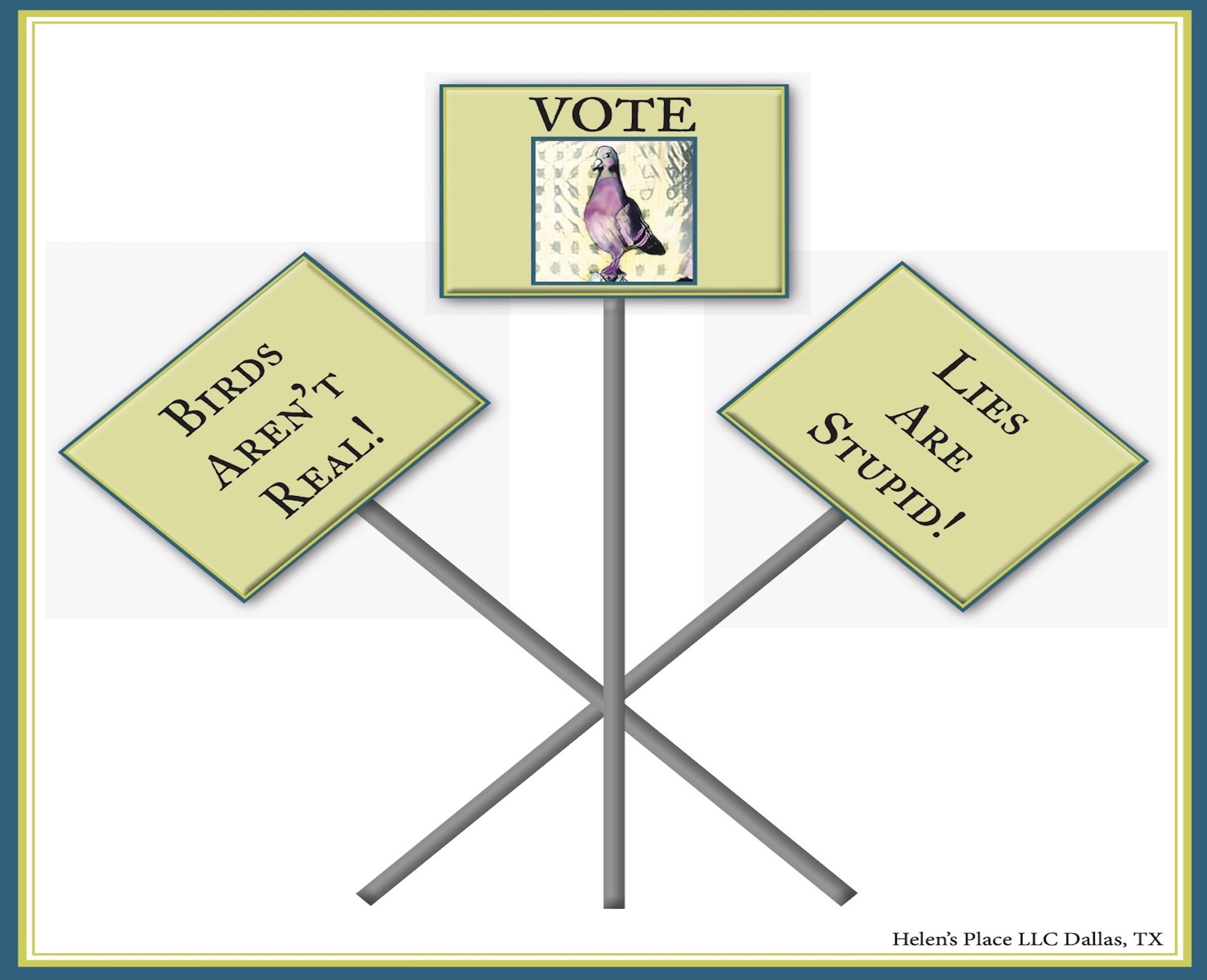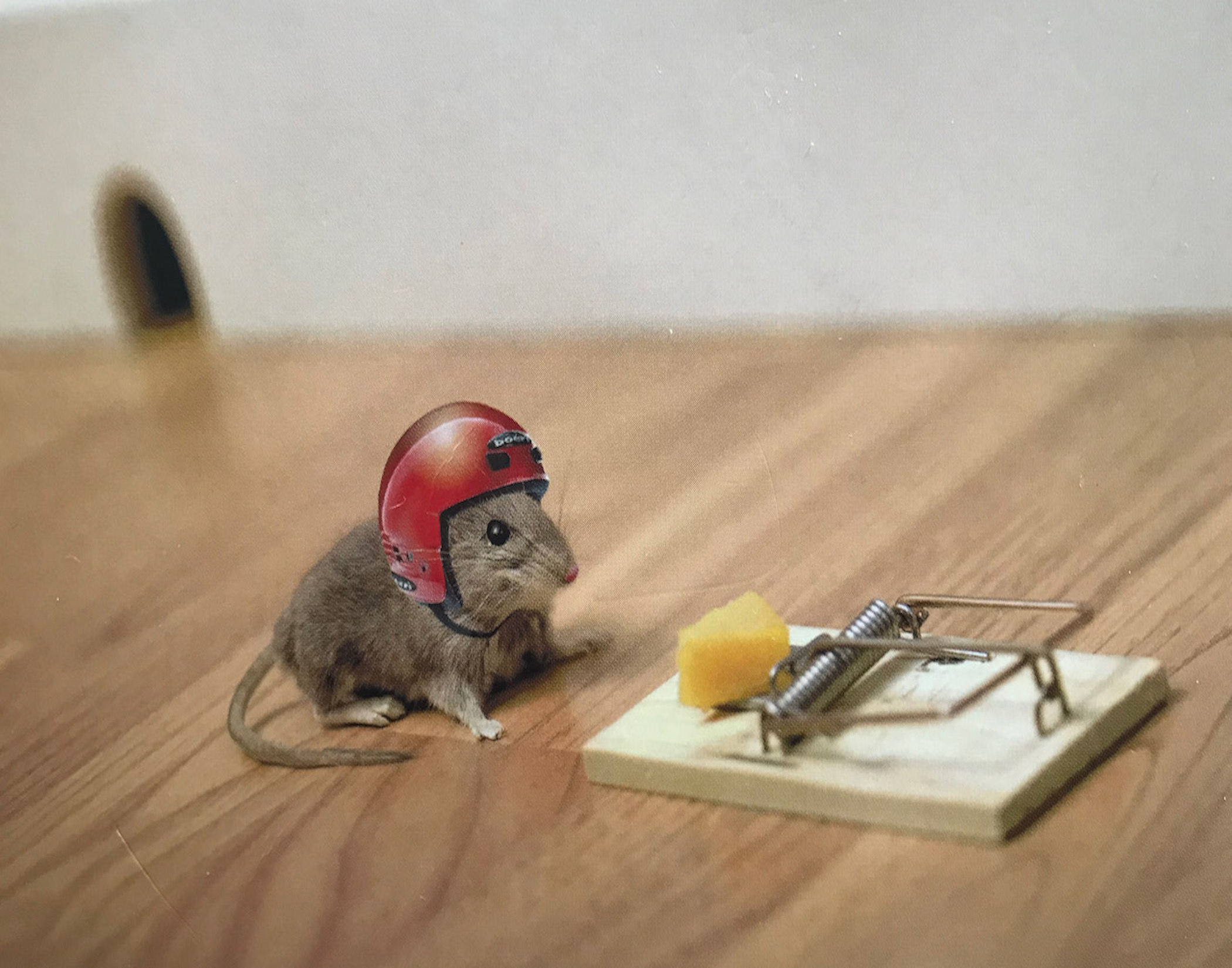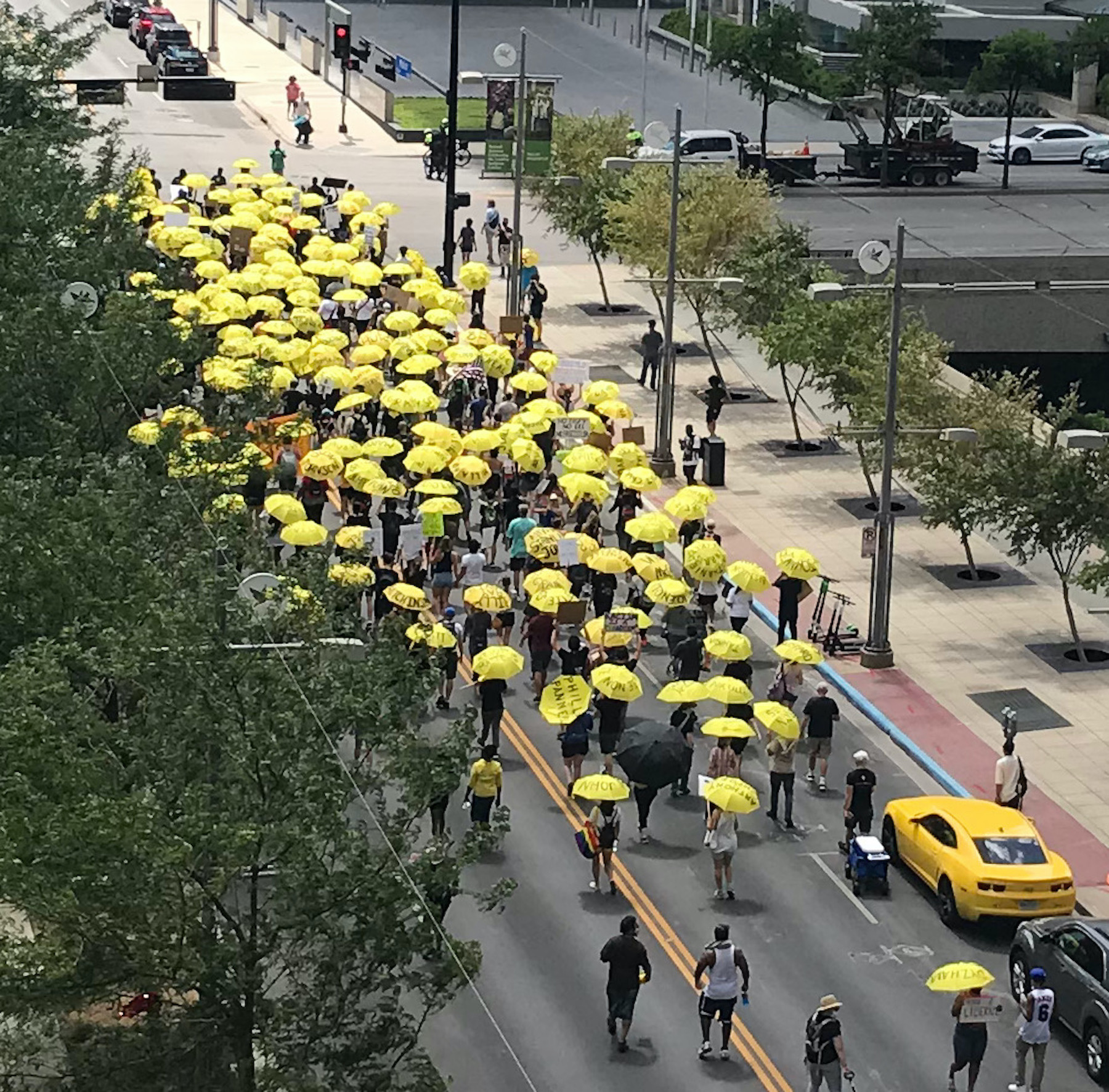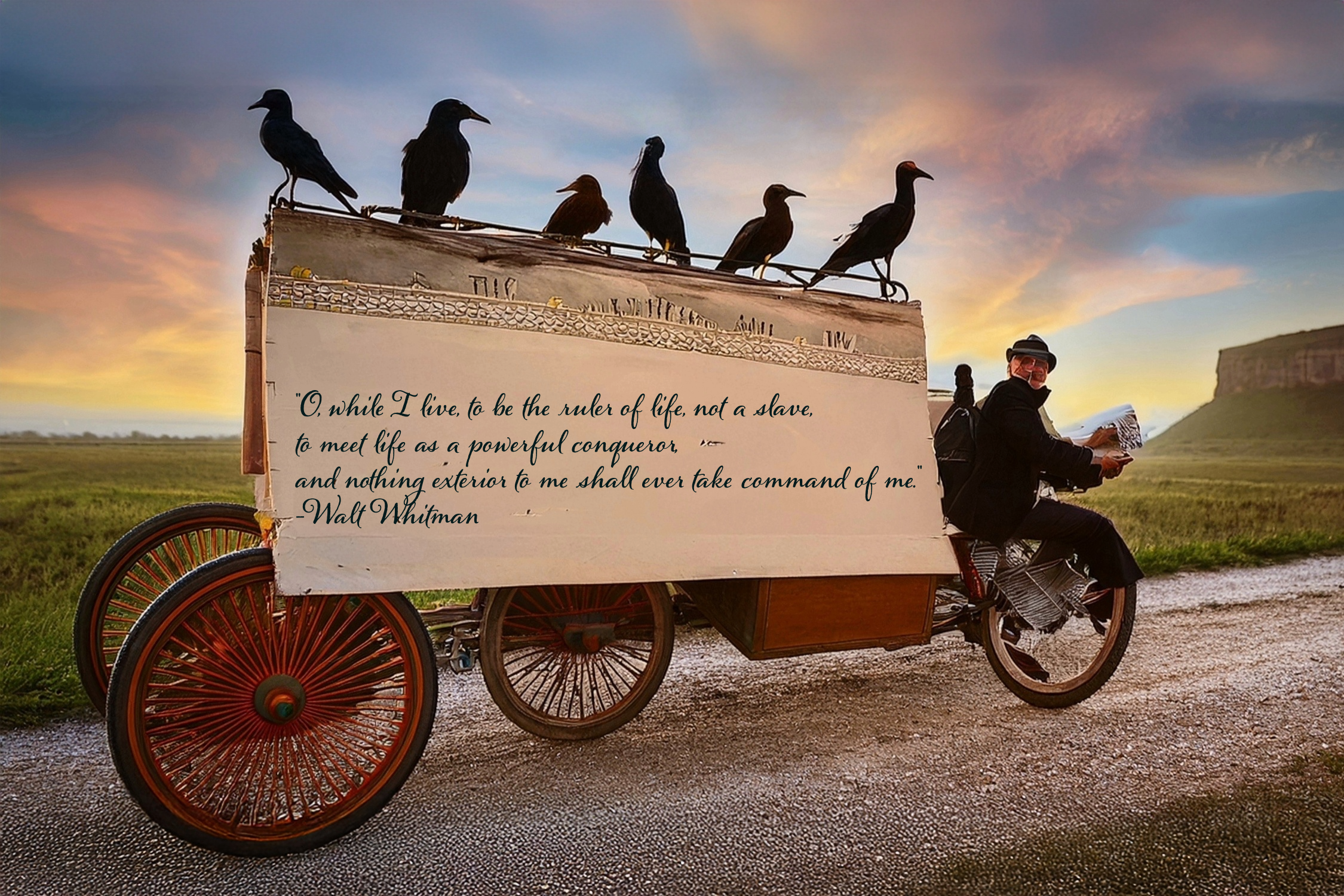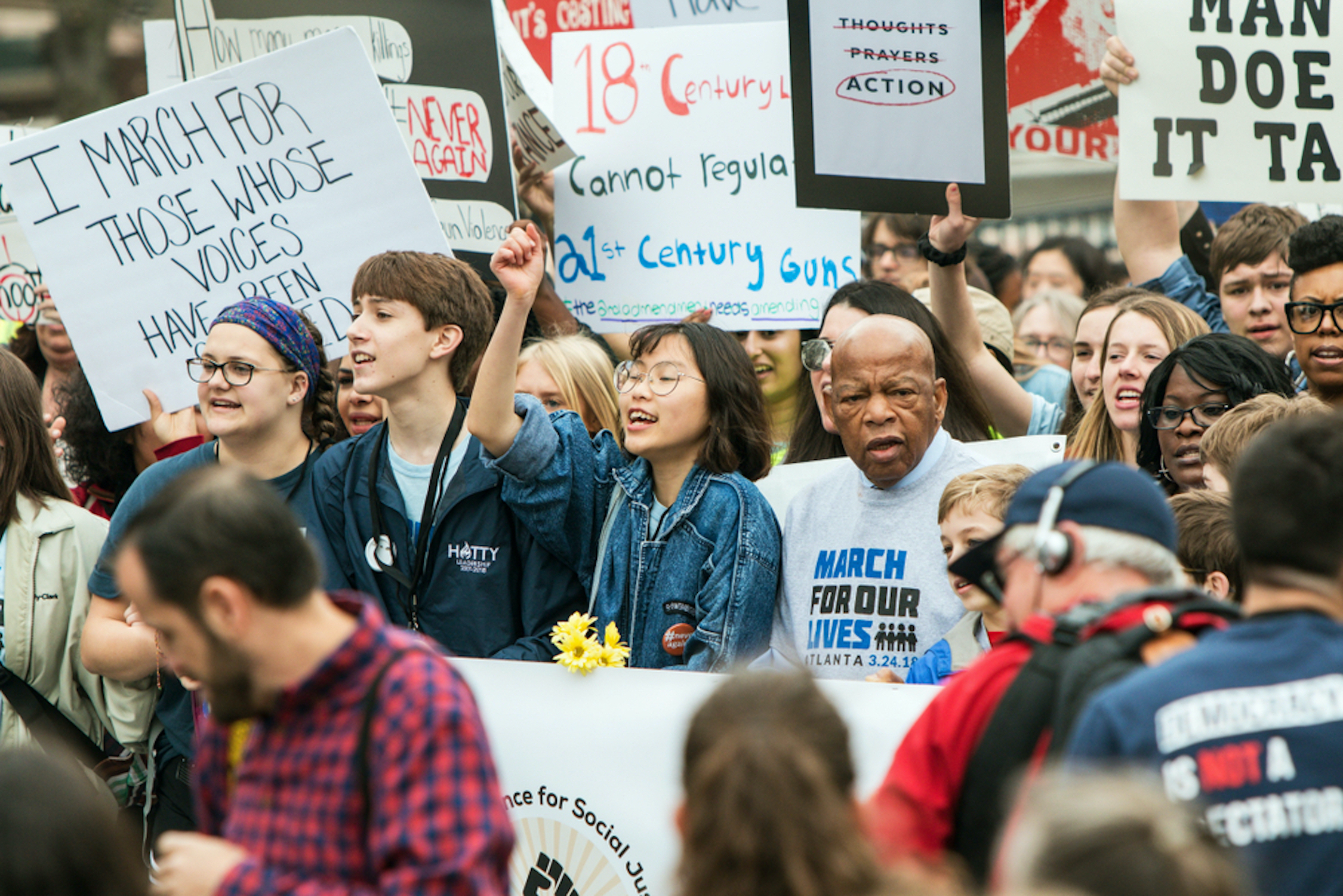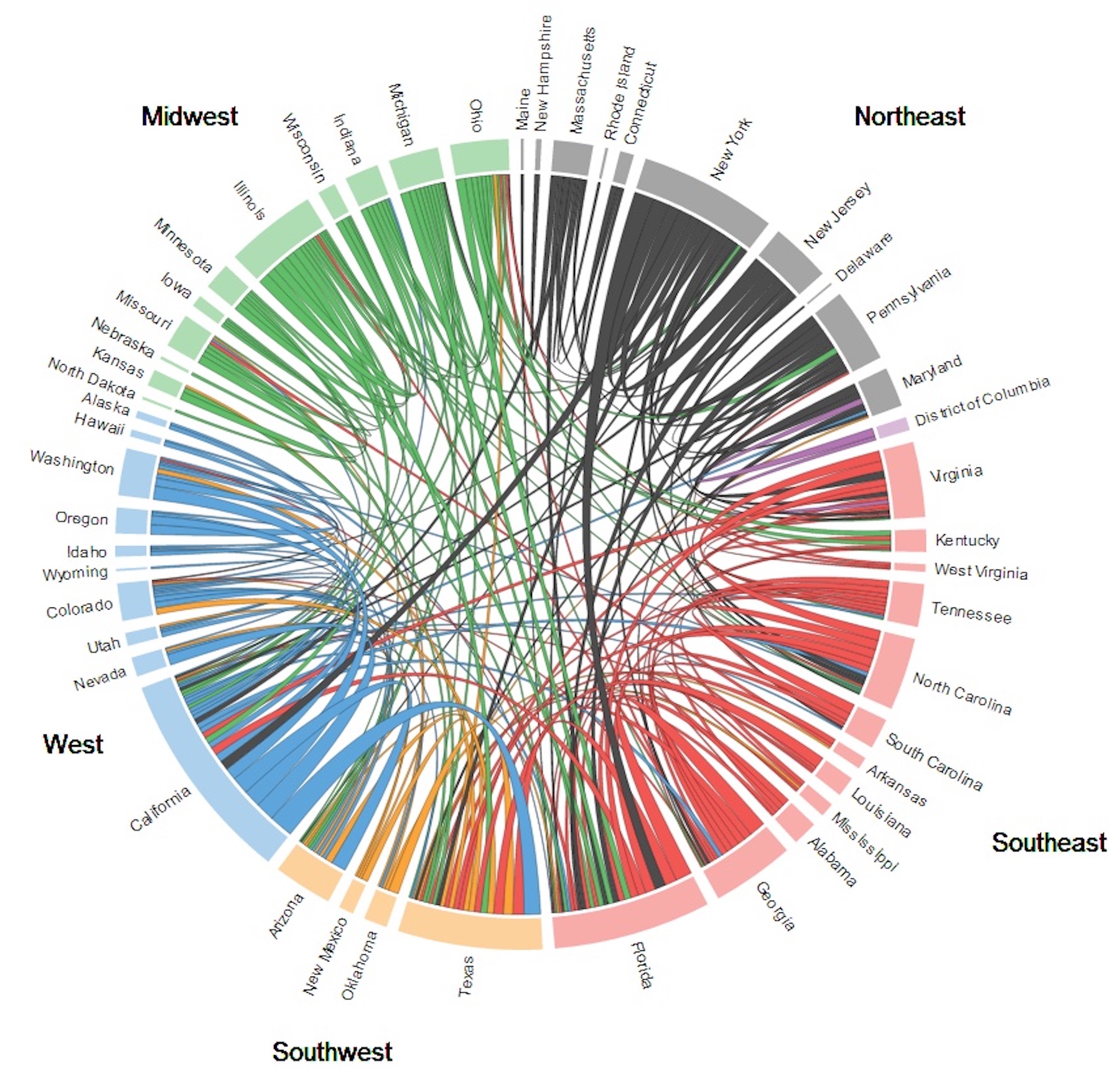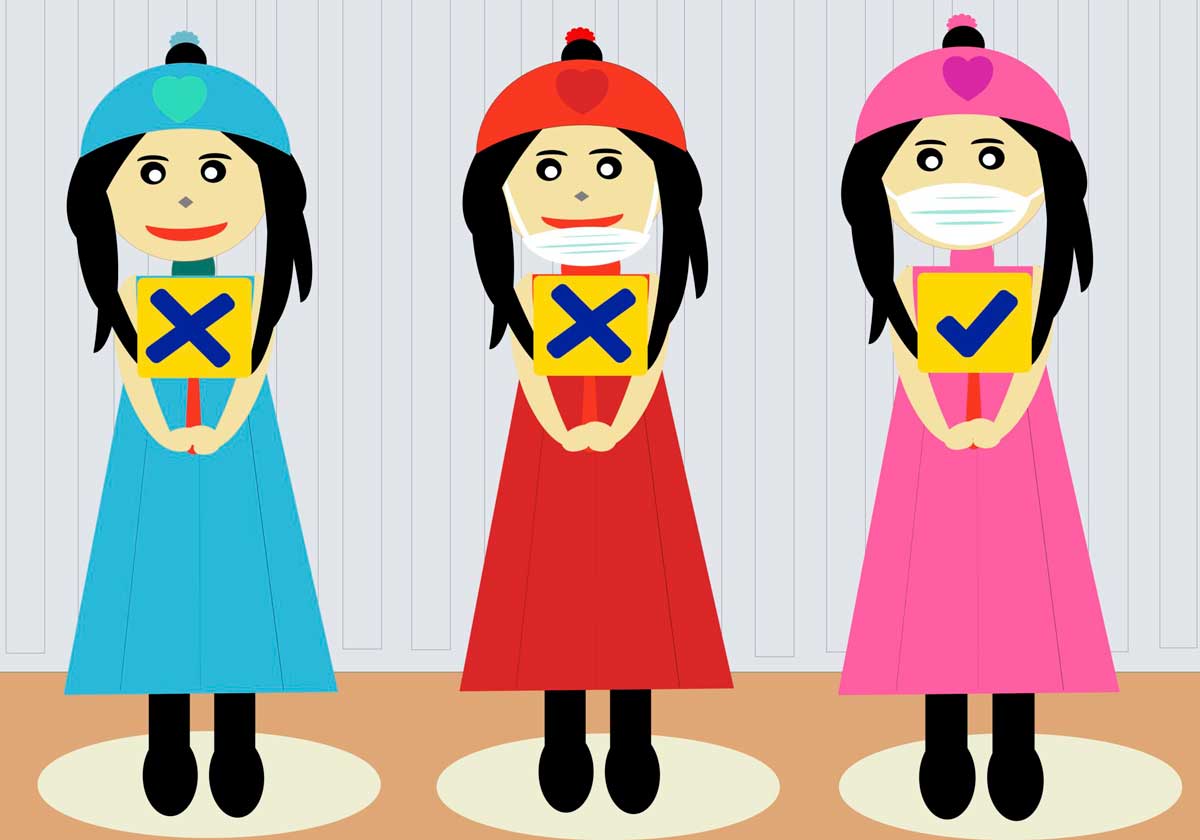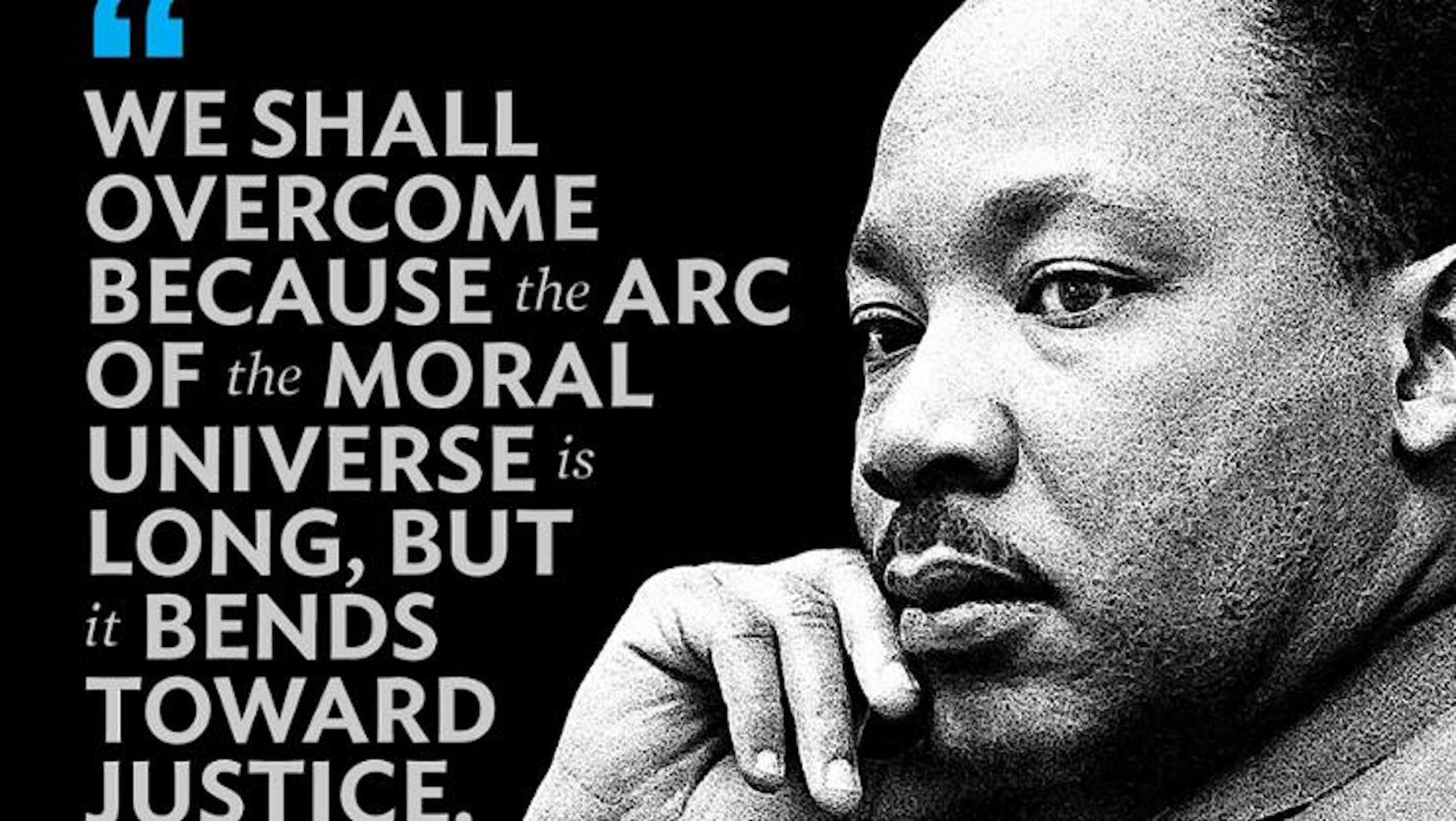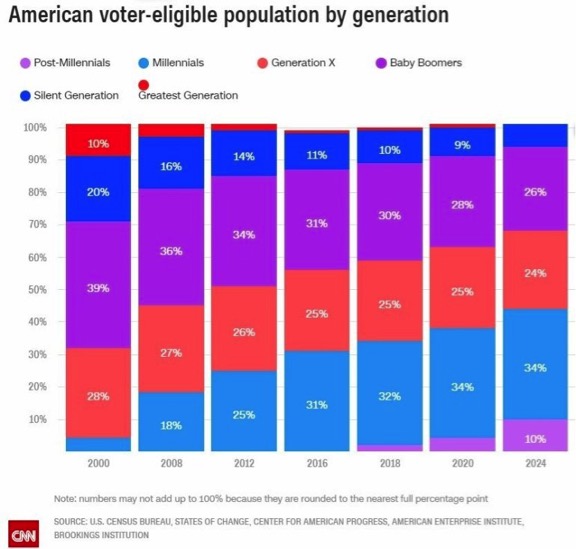- Credits:
- Shutterstock. Helen's Place LLC goals for developing independent thinkers.
Helen’s Place LLC | Transcripts | Cognitive Science/Emotional Fitness
Ch. 3: Goals for Higher Order Thinking and Emotional Fitness, from Antidote to Social Media for People Living in the Disinformation Age
PURPOSE:
Establishing independent thinking goals in child and adult education is important to help students develop emotional fitness.
Educators need to keep in mind that life is a contact sport and it’s their important role to help student navigate through it while in school. The following are a list of 12 goals to instill in yourself as well as your students to achieve the best learning outcomes:
GOALS:
- Open minded thinking – Means listening to new ideas and show willingness to change one’s mind. Understanding that sometimes facts change over time – i.e. people once believed the earth was flat before discovering it was round.
- Anti-judgmental thinking – Means rephrasing one’s thoughts and words to avoid villainizing others.
- Creative thinking – Means engaging in imaginative thinking about endless possibilities to stimulate curiosity.
- Critical thinking – Means when reading something, assuming that it’s not necessarily true; practice looking for an author’s name and an associated company name or place of work. Practice doing google searches to see if you can find additional information. Check for article links to see what other sources are used. On an email, look at the subject line as well as the “from” email address for the sender; does it look legitimate or jumbled characters?
- Constructive thinking – Means deciding how to make the best of everything that happens to you, both good things and bad.
- Clarity of mind – Means Knowing yourself and what you’d do in a perfect world if you could change something.
- Action mind – Means developing the ability to sort through the facts and determine a course of action within your power to make happen. Keep learning new things and roll with the punches. Keep an active mind and active body through physical activity and free play.
- Mind centered in reality – Means cultivating clear vision. Don’t shirk from seeing and reading about the real world i.e. homelessness, old age, mental illness. etc. Instead, decide a course of action to do something about it in the best way you see fit. Sometimes that simply means accepting what is. Without this acceptance, people can become disillusioned and bitter.
- Mind centered in presence – Means being aware of where you spend your attention. For example, If you’re on a diet of social media i.e. Facebook, TikTok, Instagram, you’ll be influenced by its views and opinions. You are also influence by the people you spend time with. For example, if you’re with people who are sharp edged, you may become more that way too over time without realizing it. Also, be alert for dangers that could hurt you physically.
- Mind centered in self-security – Means if you are secure in our own ideas, you don’t have to change your mind about them if you don’t want to, but you might have to do something you don’t agree with. Remember that if you do something that goes against your core values, internal conflict results, and you may have to decide to stay or go eventually. As a strategy, do what’s asked but make a mental note of what you’ll do differently when you have the opportunity, like when you can leave home or change jobs. Be strong and hang in there.
- Mind centered in self-determination – Means if you don’t like the way you’re being treated, make a conscious decision for how you’re going to behave differently so you don’t internalize and repeat the bad behavior you’re experiencing to someone else. You’re in charge of your life.
- Aspirational Mind – Means seeking to hang out or learn from people who inspire you to do better and be better; they don’t necessarily have to think like you. In seeking outwhat you consider better people, you will move in their direction and be influenced by them.
For more information see Helen’s Place LLC’s related article: “Cognitive Science and How to Develop Independent Thinkers.”
